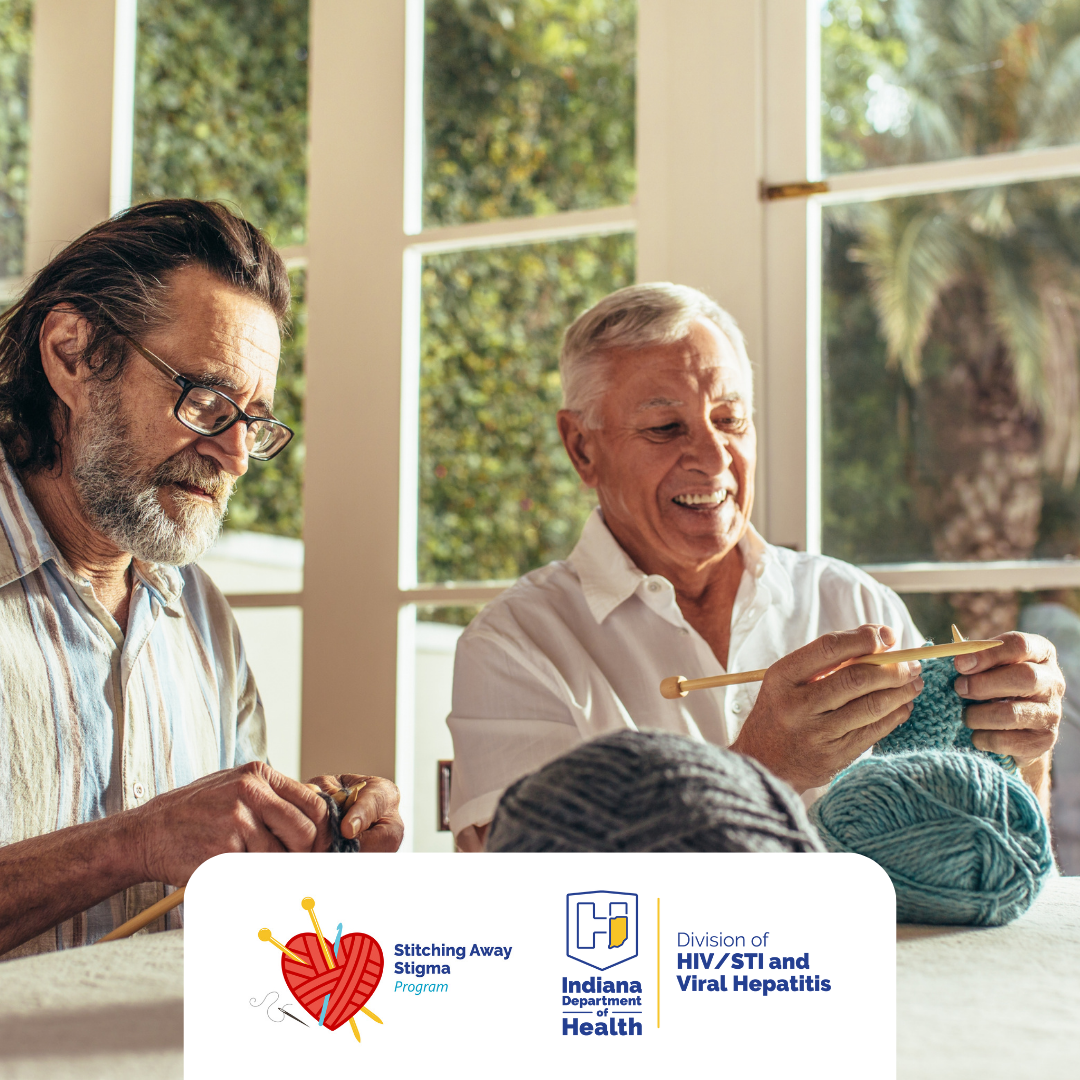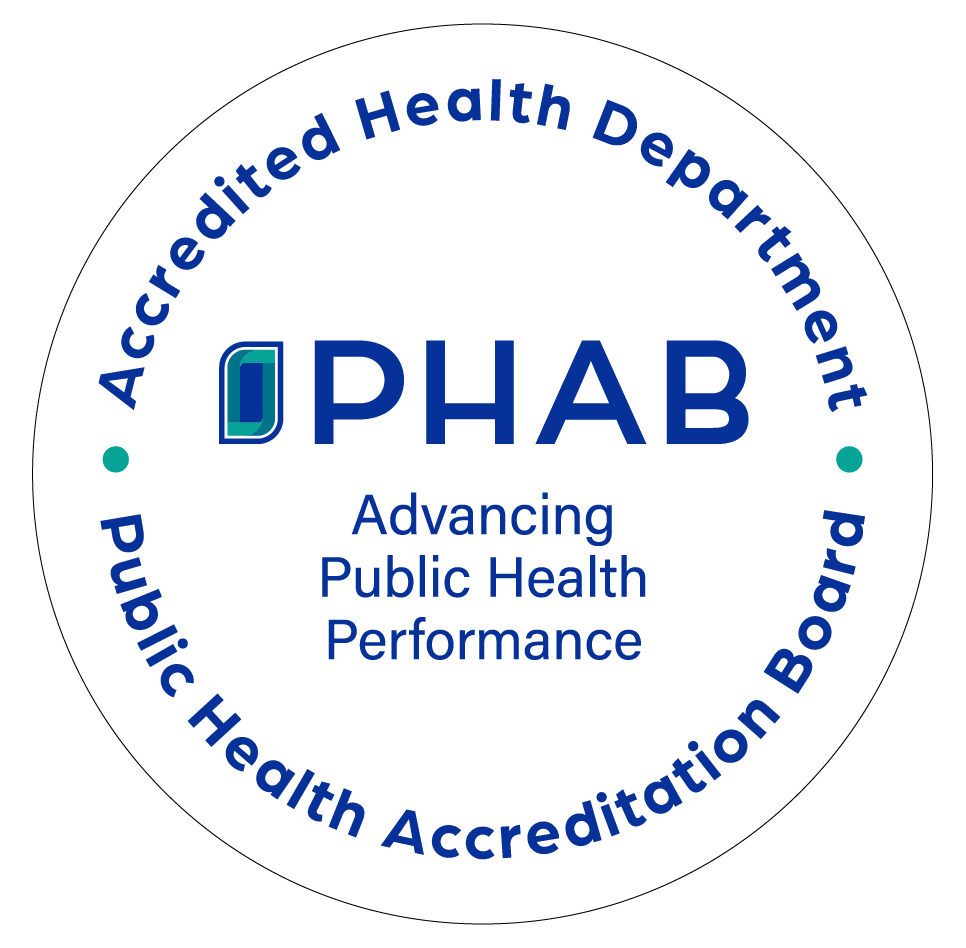The Harm Reduction Program is housed within the Division of HIV, STI, Viral Hepatitis and provides support to communities providing or considering providing, harm reduction and syringe service programming throughout the state.
Frequently Asked Questions
- What is harm reduction?
Harm reduction is a public health principle designed to decrease the harm associated with human behaviors. Harm reduction can prevent illness or injury that may occur as a result of doing potentially dangerous things. Some examples of harm reduction include wearing a seatbelt while driving and syringe service programs that provide new syringes and other materials to people who inject substances.
- What is a syringe service program?
Syringe service programs, sometimes called needle or syringe exchange programs, are fixed or mobile places where people who inject substances can receive sterile syringes and other supplies that they need to safely inject and properly dispose of used syringes, based on the concept of harm reduction. Syringe service programs also provide referrals to health and/or social service resources, including substance abuse and mental health treatment. Some syringe service programs may also offer food, clothing, and other necessities. Syringe service programs are recommended by the World Health Organization (WHO) and Centers for Disease Control and Prevention (CDC) to prevent the transmission of HIV disease and hepatitis B and C, and to reduce the occurrence of bacterial infections.
- Do syringe service programs encourage injection drug use?
No. Many studies over the past nearly 40 years have found the opposite to be true, showing that syringe service programs are effective at reducing the use of injection drug use and assisting people in being successful in their recovery from the disease of addiction.
- What does a visit to a syringe exchange program look like?
Participants in a syringe service program are greeted by staff and/or a volunteer who will talk with them about what they might need that day including supplies, testing, immunizations, and/or referrals to additional services. Participants are provided with enough syringes to ensure that they use a new syringe during every injection, as well as alcohol pads, bandages, and other supplies needed to prevent the spread of disease and bacterial infection. Participants are encouraged to bring in used syringes but are not required to. All returned syringes are disposed of safely. Participants are asked if they have recently received testing for HIV, hepatitis, and STIs and if they would like to be tested for these during this visit. In addition, participants are offered adult immunizations, condoms, and referrals to health and/or social services, including substance abuse and mental health treatment. Some syringe services also may provide other necessities, such as food, clothing, or toiletries. A very small amount of non-identifiable information is collected to support program planning and evaluation.
- If someone goes to a syringe service program, will they be reported to the police or other law enforcement officials?
No. Syringe service programs do not collect or provide any information about people to law enforcement. Law enforcement in the communities where harm reduction and syringe service programs are offered often collaborate with local health departments to ensure safety for the community at large, the staff and volunteers, and the participants of harm reduction and syringe service programs. Law enforcement officers do not wait outside of syringe service programs to arrest people and work in partnership with participants and prosecutors to prevent unnecessary charges related to participation in these programs. Public health, law enforcement, and syringe service program participants work hard to ensure a safe and accessible environment for those who use the program and the larger community.
- What other services do syringe service programs provide?
Syringe service programs provide HIV, hepatitis, STI, and other testing, as well as adult immunizations, condoms, and referrals to health and/or social services, including substance abuse and mental health treatment. Syringe service programs offer safe places for the disposal of used sharps and new sharps disposal containers. Some syringe services also may provide necessities such as food, clothing, or toiletries.
- Why do syringe service programs give out more than just sterile syringes/needles?
When substances are prepared and injected, the supplies used may come into contact with blood that can spread HIV or hepatitis B or C. In order to prevent the spread of these infections and the potential for a bacterial infection to occur, participants are provided with the supplies necessary to use their own new equipment for every injecting event.
- What is naloxone and do syringe service programs supply it to participants and loved ones?
Naloxone, also known by the brand name Narcan, is an overdose-reversal medication that counters the effect of opioids such as heroin and morphine. Naloxone only works if the person has opioids in their system. Naloxone is not addictive. Hoosiers in need of naloxone can visit https://optin.in.gov/ or contact a syringe service program to get more information or find a location where they can obtain it.
- Can people using injectable medications (examples: insulin, B-12) use syringe service programs to obtain syringes, sharps disposal containers, and other supplies and associated services?
Yes. Syringe service programs are public health programs open to anyone who needs their services and supplies. People using injectable medications like insulin, vitamin B-12, or others are welcomed at every syringe service program and are provided with the supplies and services that are best for them.
Contact
Erika L. Chapman, MPH, CPH, CHES, CHW
Harm Reduction Program Manager
317-234-3122
echapman@health.in.gov


